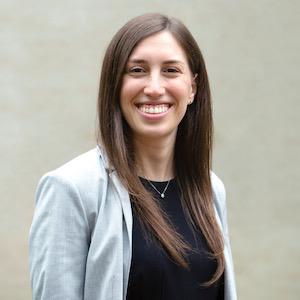
Michelle Feldman

Marcus Dassah
 Michelle Feldman |  Marcus Dassah |
Feldman, Michelle, Dassah, Marcus
University of Pennsylvania School of Dental Medicine, Department of Preventive and Restorative Sciences
Prioritizing patient-centered dentistry allows dentists to fully understand the health and dental needs of various vulnerable populations. Vulnerable populations seen for comprehensive care in the Survivors of Torture Clinic at Penn Dental Medicine include those seeking asylum or refuge from their native countries, victims of trauma and/or domestic violence survivors.
MethodsWhen providing comprehensive dental care, it is important to recognize the barriers to dental care that vulnerable populations have faced. Some patients have never had the opportunity to see a dentist before. Providing comprehensive care to these vulnerable populations can have its challenges. However, emphasizing patient-centered dentistry can expand the possible treatment options for patients who may not have been able to tolerate these procedures prior. Although not typically disclosed, their histories of trauma should be considered when discussing treatment options and providing treatment. Often, accommodations can be tailored to that individual, fostering an environment where the patient feels safe and in control of the situation.
ResultsListening and providing positive dental experiences for these patients help motivate them to express their dental concerns, build trust, and most importantly improve their oral and overall health.
ConclusionVulnerable patients in the SOT clinic usually present with dental fear/anxiety, but through a patient-centered approach to care, patients are able to come back and complete treatment, leading to improved oral and overall health.